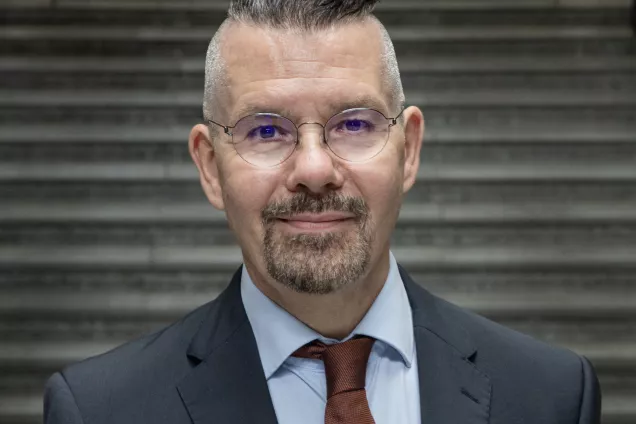I have previously written in the blog about amendments to the Aliens Act, which entered into force in 2021. Among other things, it contained a self-support requirement in applications for a permanent residence permit, which has become unreasonable due to the Migration Agency’s interpretation. Both the Association of Swedish Higher Education Institutions (SUHF) and Swedish industry have highlighted problems with the Aliens Act in different ways during the autumn, the former in letters to the government, the latter as part of its report “Foreign Master’s students and doctoral students are leaving Sweden – problems and obstacles for getting international leading-edge expertise to stay in Sweden”.
The Ministry of Education and Research recently opened a dialogue on this matter with the higher education institutions and this is a good development. However, the sector needs a decision from the government as soon as possible regarding a solution to the problems.
Now, there are also several other initiatives that further illuminate the negative consequences of the amendments to the Aliens Act. Demonstrations that bring together researchers and doctoral students are being organised around the country. Lund's Doctoral Student Union (LDK) arranged a demonstration the 19 February at Stortorget in Lund. Of course, the more fronts the University can work on the better and individual researchers who want to get their voices heard have an opportunity here.
I can list several ways in which Sweden has made things difficult for highly educated researchers and students. For example, during the pandemic international students and researchers could not get a Swedish vaccination certificate issued, even though they are fully vaccinated in their own country or in Sweden.
Another issue that has been highlighted recently is the situation for researchers who are working under a valid residence permit in Sweden and have just had a child here. They receive a notification from the Migration Agency that they must leave the country in order to be able to apply for a residence permit for their new-born baby.
Among other things, this causes major problems for the parents who are forced to take time off work, uproot their family and move somewhere else for an unspecified application processing period. Parents with valid residence permits who do not want to leave the country with their child have been informed by the Migration Agency that in this case the child will be deported on their own. You can read more about this in the magazine Universitetsläraren (in Swedish).
Politicians, industry and academia agree that Sweden’s competitiveness is based on the country being able to attract and retain a highly educated workforce. This highly educated workforce is to a large extent recruited from abroad. For example, almost one-third of doctoral students at Swedish higher education institutions come from countries outside the EU/EEA, according to an analysis by the Association of Swedish Higher Education Institutions (SUHF).
During the period from 2017 to 2020 just over 2 000 doctoral students applied for a permanent residence permit in Sweden and 87 per cent of the applications were granted. In the same period, almost 1 300 accompanying adults and children applied for a permanent residence permit. These people are an enormous asset for Sweden and for us to be able to continue as an internationally competitive knowledge nation.
It cannot be the intention that laws are amended without thinking of the consequences for this group or that public authorities interpret the law in a way that makes it more difficult for highly educated people to stay and work in Sweden.
/Erik Renström



